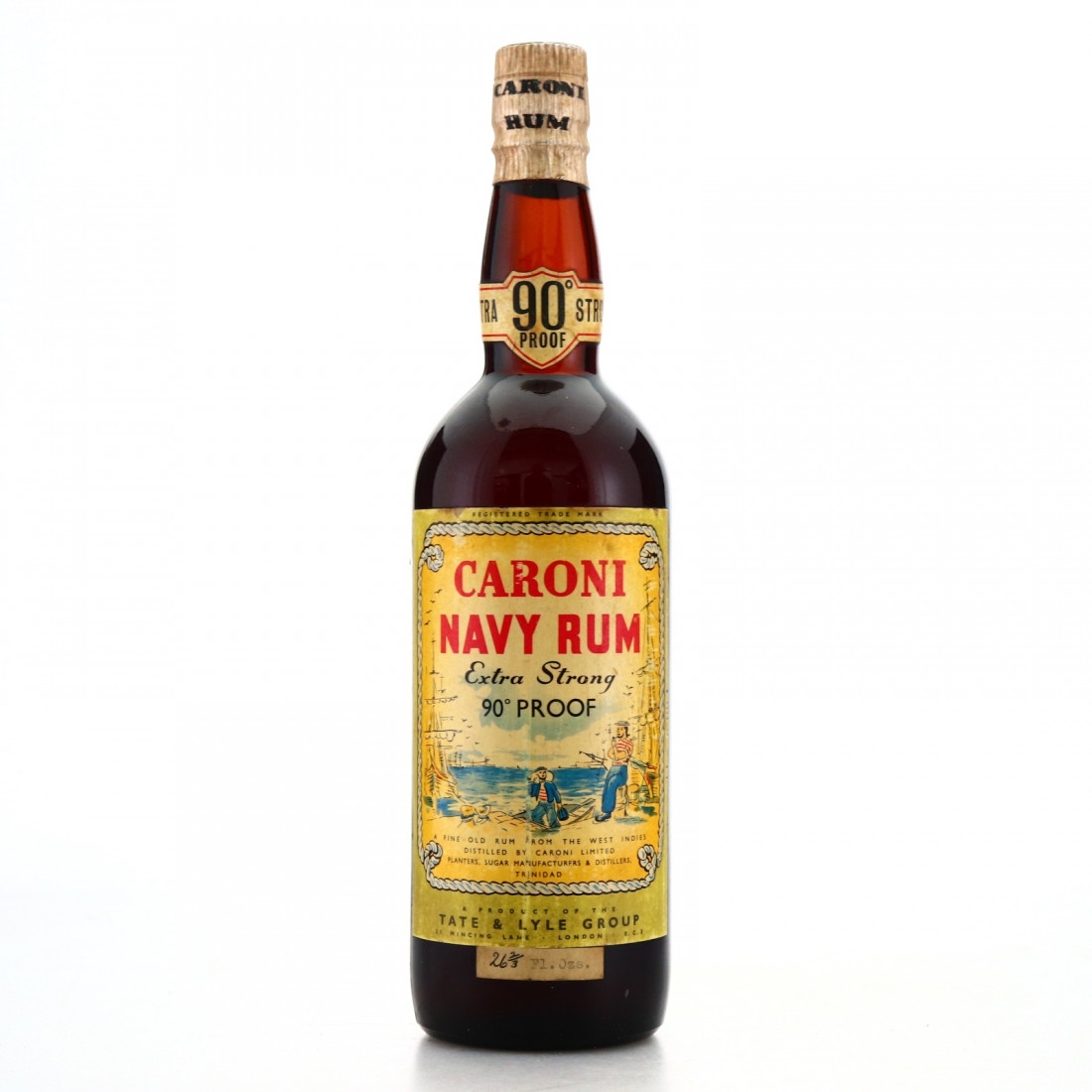Next auction starts Friday, 07 November. Ready to sell your rum? Sell with us in our next auction
Discover and bid on unique, rare and collectible rums in our online auctions each month.

A historic rum distillery that was once owned by British sugar merchant, Tate & Lyle, before being nationalised by the Trinidadian government in the 1970s. It eventually closed in 2003 and the last of the distillery's stock and its brand name were acquired by Italian distributor, Velier.
A historic rum distillery that was once owned by British sugar merchant, Tate & Lyle, before being nationalised by the Trinidadian government in the 1970s. It eventually closed in 2003 and the last of the distillery's stock and its brand name were acquired by Italian distributor, Velier.
A British-based multinational that provides food and beverage ingredients to industrial markets. It was historically a sugar refining company and had huge control in the Caribbean in the 20th century. Its most notable involvement in the rum trade was through its ownership of the Caroni distillery.
To view previous auction results of your favourite bottles, please log in or register.
Discover and bid on unique, rare and collectible rums in our online auctions each month.
Our global rum auctions give your bottles the attention they deserve. Get started with a free valuation today.